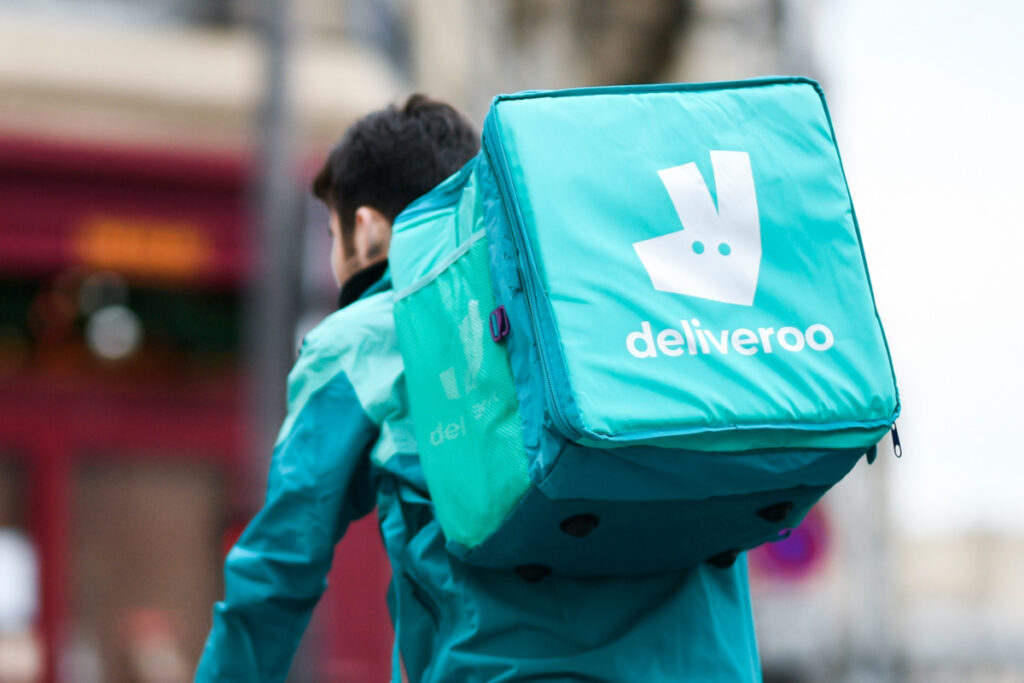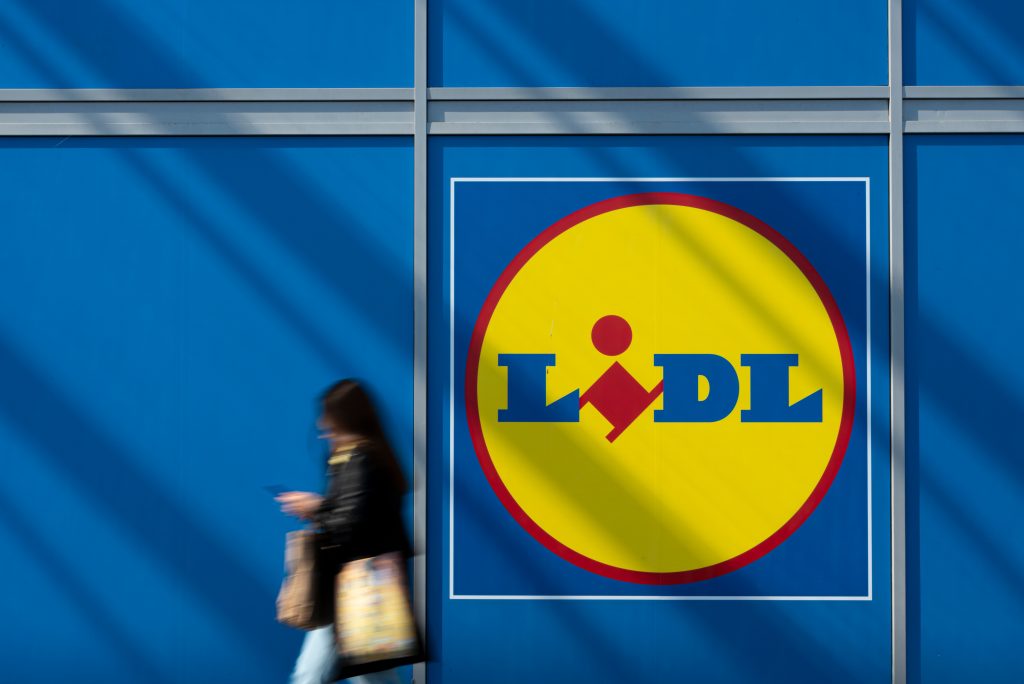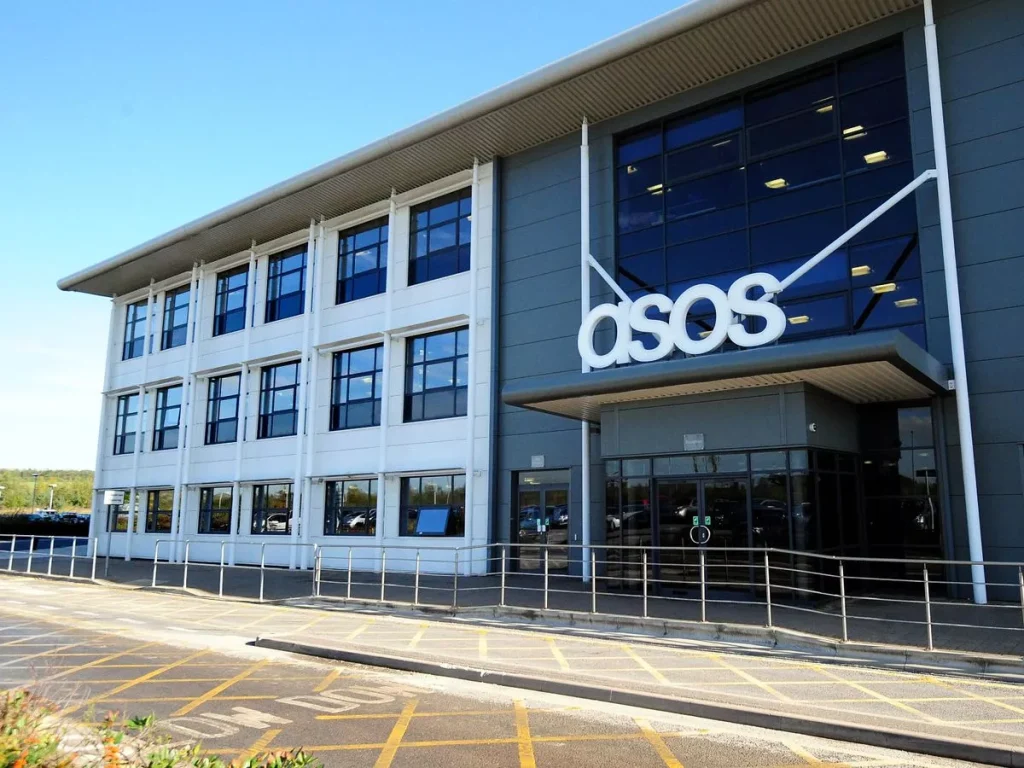In my previous article ‘Is the game up for digital on the high-street?‘ I discussed the changes that need to be made to avoid the demise of the British high-street, and how traditional retailers can learn from online-only brands. This month, I would like to discuss The High Court‘s decision that from April 1st 2012, Low Value Consignment Relief (LVCR) will come to an end for the Channel Islands. The ruling will mean that the tax loop hole – previously enjoyed by online retailers – will no longer exist, reducing the cost advantage of selling DVDs, CDs, books and cosmetics via this route.
LVCR was introduced in 1983 to speed up the transit of low-value goods, which might otherwise be delayed by customs, and to reduce costs as collecting VAT on small-value items was found to be higher than the value of tax it brought in. The relief enables mail-order retailers based in the English Channel to sell products priced under £15 back to the UK without charging VAT, giving them a 20 per cent advantage over mainland-based retailers.
Although the tax dodge was employed in various sectors, it was particularly popular within the entertainment industry, with DVD and CD retailers taking advantage of the tax break. Consequently, companies including leading grocery and online only brands set up distribution centres in Guernsey and Jersey to legally minimise the tax they pay on goods, shipped to the mainland. Others, used arms-length agents based in the Channel Islands to distribute their goods.
Independent and high-street retailers campaigned about what they believed was an abuse of the tax relief system that was unfairly distorting the market, and making it impossible for smaller retailers to compete in the marketplace. The Treasury, when it became clear it was costing the public purse around £140 million a year in lost tax revenue, agreed. After a three-day hearing, the High Court ruled that the system would be abolished completely from April 1st. Consequently, over 1,000 jobs are at risk in the fulfilment industry, including people working in receiving, warehousing, repacking and sending of products across Guernsey and Jersey.
The reform will mean that UK-based companies, especially small and medium-sized enterprises, can compete on a more level playing field. The victory may be a pyrrhic one for high-street retailers due to the growth of digital content which is rapidly supplanting the physical disc as the preferred route to purchase, with the likes of Lovefilm and Netflix becoming major players in the entertainment market.
Digital transformation has not just affected the way we buy music and movies, it‘s also changed the way the firms operate. Retailers evaluating the changed market landscape, should have confidence that while the rules have changed, their understanding of customer needs and customers understanding of their brands will not have changed. Therefore if they are able to adapt quickly enough, those brands that made the most of the LVCR channel, can build on their leadership.
Retailers must be smart in how they exploit this lead, while the terms of commercial engagement may have changed, customers will still be willing to listen if the offer is properly tailored. Even if you can‘t reduce prices by a fifth across the board, most businesses ought to be able to offer loyal customers tailored offers. So don‘t compete on the loss leaders such as the new Twilight movie, but instead offer horror fans great deals from the back catalogue. Any brand can get in that close; but it takes time to learn and that can only be achieved through listening, reaching out to, and cherishing the consumer.
UK brands based out in the channel built strong business on the ability to ship products using the tax loop hole. Now they must compete with multichannel and the advantage of passing trade. Despite this they have a real opportunity to use their leadership position an





























